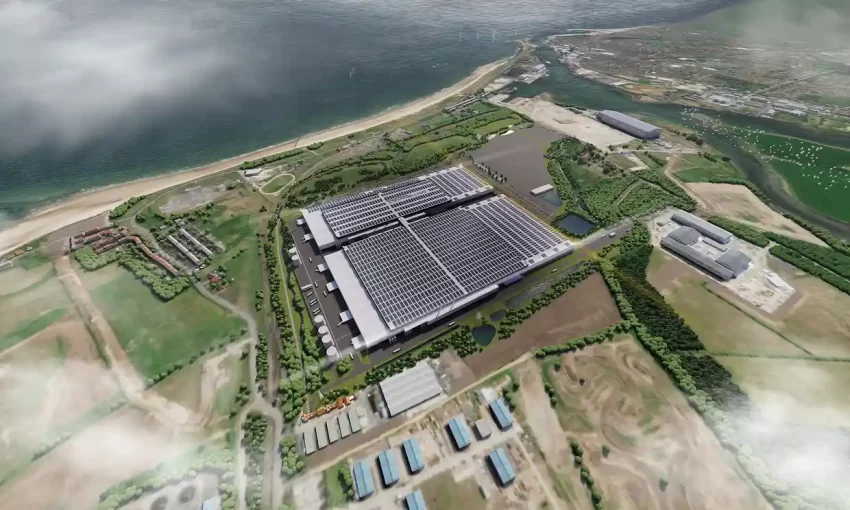The annual inflation rate in cash-strapped Pakistan reached a new high of 38.42 per cent in the previous week as the trend of the increase in the price of vital commodities continued to rise, Express Tribune reported.
The hike in inflation was due to additional taxes imposed by the government and a rise in fuel prices to meet the demand of the International Monetary Fund (IMF) before releasing $1.1 billion dollars under an already negotiated $7 billion contract.
According to the latest statistics from the Pakistan Bureau of Statistics, the Sensitive Price Index (SPI), which is used to evaluate short-term inflation, jumped to 38.42 per cent year on year (YoY) in the previous week.
During the previous week, 34 goods saw price hikes, five had price decreases, and 12 were stable. Rising prices had the greatest impact on the group with a monthly income ranging from Rs 29,518 to Rs 44,175 and an inflation impact of 39.65 per cent.
The SPI grew by 2.89 percent on a weekly basis, compared to a 0.17 percent increase the prior week. In the prior week, SPI inflation was 34.83 percent on an annual basis.
The price increase is due to the government’s announcement of higher fuel costs. As a result, the prices of vital items have risen.
Based on a survey of 50 markets in 17 cities around the country, the SPI is used to estimate the costs of 51 key commodities.
Petrol prices increased by 8.82 percent in a week, five litres of cooking oil by 8.65 percent, one kilogram of ghee by 8.02 percent, chicken meat by 7.49 percent, and diesel by 6.49 percent.
The price of tomatoes fell 14.27 percent week on week (WoW). Following this, the price of onions was reduced by 13.48 percent on a weekly basis. Similarly, on a WoW basis, the price of eggs fell by 4.24 percent, garlic by 2.1 per cent, and wheat by 0.1 per cent.
The biggest YoY increase was seen in the price of onions, which increased by 433.44 per cent. This was followed by chicken meat, the price of which increased by 101.86 percent year on year. On a year-over-year basis, diesel increased by 81.36 per cent and eggs increased by 81.22%.
Tomatoes were cut in price by 65.3 percent year on year, and chili powder was reduced by 7.42 percent.
According to the statistics for the previous week, the annual inflation rate for the group earning up to Rs 17,732 per month was 35.01 percent. The inflation rate for people earning between Rs 17,733 and Rs 22,888 per month was 36.53 percent.
Similarly, the inflation rate for people earning between Rs 22,889 and Rs 29,517 per month was 38.43 percent. The inflation rate for people earning between Rs 29,518 and Rs 44,175 per month was 39.65 percent, the highest in terms of impact.
According to The Express Tribune report, the rate of inflation for those with a monthly salary of more than Rs 44,176 has been 39.41 per cent.
Pakistani officials surprised the public last week by imposing new levies to raise Rs 170 billion through a mini-budget law. Every household has been affected by tremendous inflation.
In the midst of a severe economic crisis, Pakistan has made difficult decisions, such as raising petrol and diesel prices in order to get IMF financing. The finance minister tabled a new draft in which he proposed raising the GST from 17 per cent to 18 per cent and imposing a 25 per cent tax on luxury commodities. He has also advocated raising the VAT on first- and business-class airline tickets. The federal excise duty will be 20 per cent of the airfare or Rs 50,000, whichever is more.
Meanwhile, Defence Minister Khawaja Muhammad Asif said that Pakistan is not defaulting, it has already defaulted as the nation is going through its worst economic crisis. He further added that Pakistani citizens are residents of a bankrupt nation and he called Pakistan a “diwaliya” nation.
Pakistan has recently been dealing with a significant external debt burden, which has generated concerns about the country’s capacity to satisfy its debt obligations.
Also Read: Pakistan sent back same relief goods to earthquake-hit Turkey it received in 2022: Report




